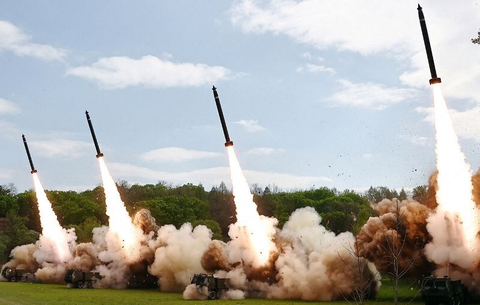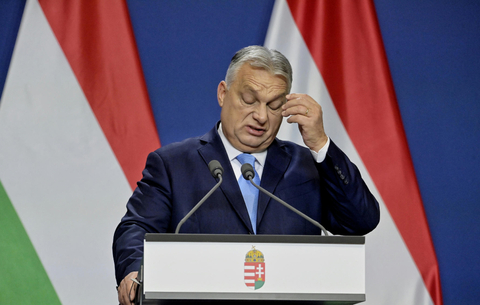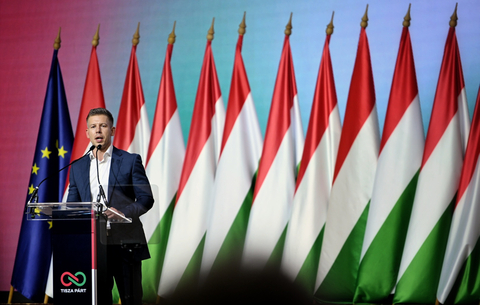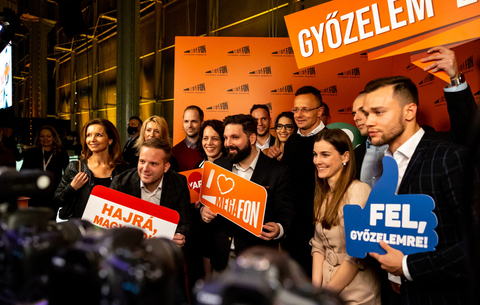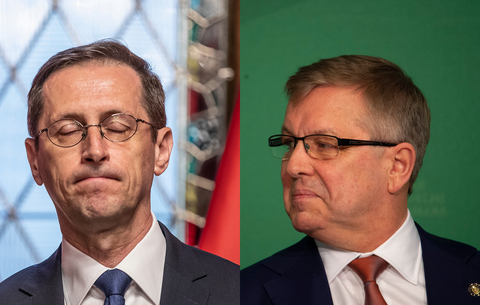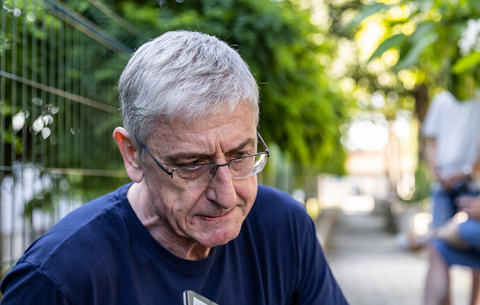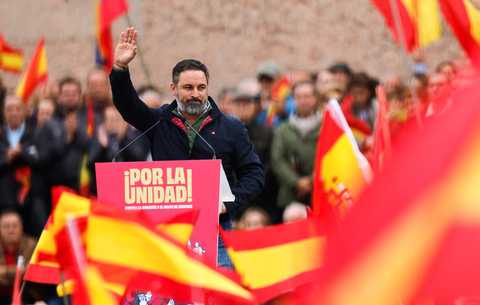Three Licenses Sold In 3G Tender
No fourth player is expected to win a license in Hungary’s 3G tender, leaving the local mobile market with three incumbent operators unstirred.
Hungary’s National Telecom Authority (NHH) announced the results of its tender for third-generation mobile licenses (UMTS) last week. The authority declared the race for the fourth license unsuccessful, and started negotiations with incumbent operators Pannon GSM Rt., T-Mobile Hungary Rt. and Vodafone Hungary Rt. on a license each. Pannon GSM offered HUF 19 billion for one license, while T-Mobile offered HUF 17 billion for another. Vodafone bid for a license with a fee based on revenues; and negotiations between the company and NHH were still under way as HVG went to press.
The licenses will generate an income into the state budget in line with expectations. The government originally planned to generate HUF 15.8 billion from the 3G licenses in 2004; and last week Parliament amended the expectation for budget income from 3G licenses in 2005 by HUF 10 billion to HUF 25 billion. The bidders are expected to pay their license fees in installments in three years.
The otherwise lucrative tender did not achieve one of the NHH’s stated aims, namely to bring more competition to the local mobile market with three incumbent players. The fourth license was not issued because the only two contenders did not present acceptable bank guarantees, according to the NHH. One of them was Sweden’s Tele2, which started operations on the fixed-line residential market in Hungary. The other bidder was Denmark’s TDC, which placed its bid through HTCC, a local fixed-line operator that purchased leading alternative telecom provider PanTel Rt earlier this year.
According to consultants familiar with the deal, bidders might have stayed away from the fourth license with a reason. The NHH’s description did not specify when the incumbents will have to start granting the fourth player access to their existing infrastructure.
